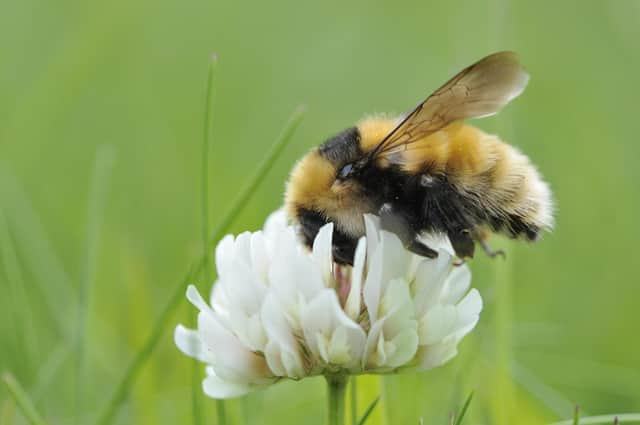More action needed to stop nature loss


Many of the direct causes of biodiversity loss are well-known such as pollution, climate change and land use change. Now a new report led by The James Hutton Institute, commissioned by NatureScot, says that tackling these direct causes is not enough.
It points to factors which are indirectly contributing to nature loss in Scotland including our culture, education, demography, economy, political systems and technology.
Advertisement
Hide AdAdvertisement
Hide AdThe report, also involving researchers at the University of Glasgow and Glasgow Caledonian University, identifies ways to reduce the impacts of some of these contributing factors to help a move towards a future where we are living more in harmony with nature.
Recommendations include a move away from measuring performance based on levels of production and consumption and focus more on regenerative uses of the land and sea as part of a sustainable, circular economy. While this will require substantial adjustments, the report comments that these will be easier and less costly than passively adjusting to a worsening biodiversity and climate crisis.
Professor Robin Pakeman, senior report author at the James Hutton Insitute, said: “A key conclusion is that the consequences of all of our actions, even apparently positive ones, can have global repercussions. These can be very complex to navigate.
"There are many difficult choices, which can be made easier, as the report outlines. For example, we can reduce our use of unsustainable materials and cut energy consumption that degrades the natural world.”
Advertisement
Hide AdAdvertisement
Hide AdNick Halfhide, NatureScot’s director of nature and climate change, said: “This important report from the James Hutton Institute points to the wider challenges we face in reconciling the great range of policies and actions to achieve a thriving future for our natural environment, economy and well-being.”